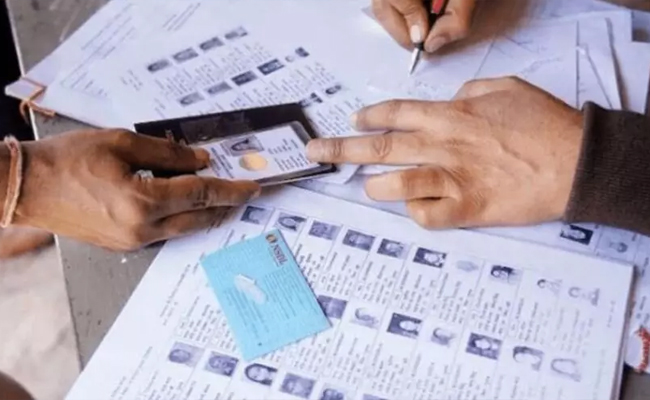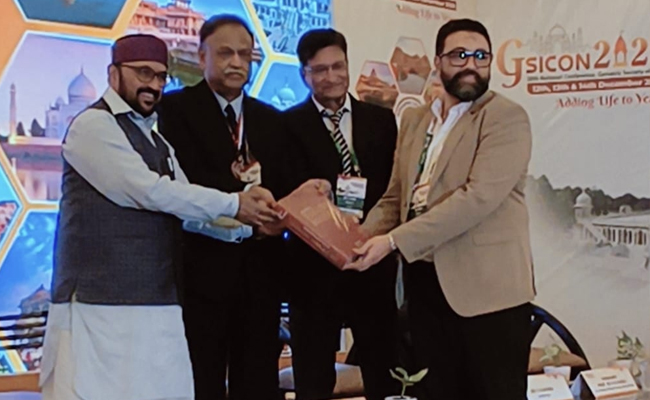Yadigir: Karnataka government earlier this week issued fresh guidelines in the wake of the increasing number of COVID-19 cases in the state. The fresh guidelines issued by the government stressed the adherence to COVID-19 rules and protocols by the citizens.
However, flouting all the guidelines issued by the government and violating basic norms like wearing masks, physical distancing among others, a temple committee on August 31, organized a Jatra in Yadgiri district, where hundreds of people thronged without masks and social distancing.
ALSO READ: Kolar: Nursing College under scanner after 32 Kerala students test positive for COVID-19
According to the reports, the religious fair was organized by Venugopal Swami Temple here in Surapur.
After the incident came to the light of the officials, the Revenue Inspector of Surapur filed a formal complaint with the local police, following which a case has been registered against the temple committee for organizing the gathering while violating the laws and COVID-19 protocol.
Let the Truth be known. If you read VB and like VB, please be a VB Supporter and Help us deliver the Truth to one and all.
Kolkata (PTI): Barely hours ahead of the publication of the draft electoral rolls of West Bengal, where assembly elections are due early next year, the Election Commission on Tuesday morning released the names of deleted voters on its website.
The list features voters whose names were included in the electoral rolls of the state in 2025 but were deleted from the draft rolls of 2026.
ALSO READ: Bengaluru records coldest December night in eight years at 13.30C, says IMD
The list is currently available on the commission's portal link ceowestbengal.wb.gov.in/asd_sir.
The number of "uncollectable SIR enumeration forms", according to commission sources, exceeds 58 lakh, and were deleted on grounds of either remaining absent from their registered addresses, permanently shifted, dead or marked as 'duplicate' voters in more than one constituencies.
"Aggrieved persons can submit their claims in Form 6 along with the Declaration Form and supporting documents after publication of draft roll during the period fixed for receiving claims and objections i.e. 16/12/2025 till 15/01/2026," the commission website stated.
Elections to the 294-member West Bengal Assembly are due early next year.





